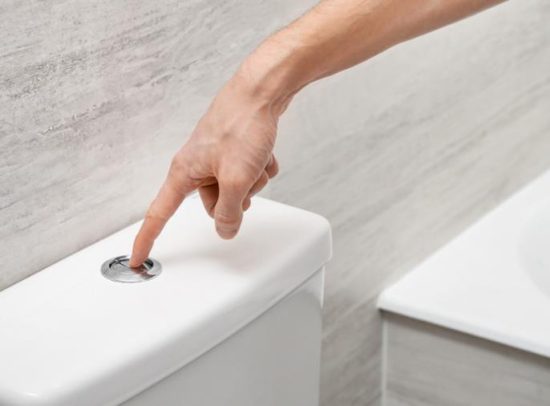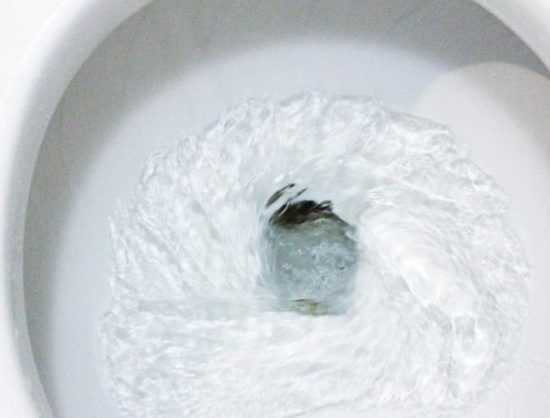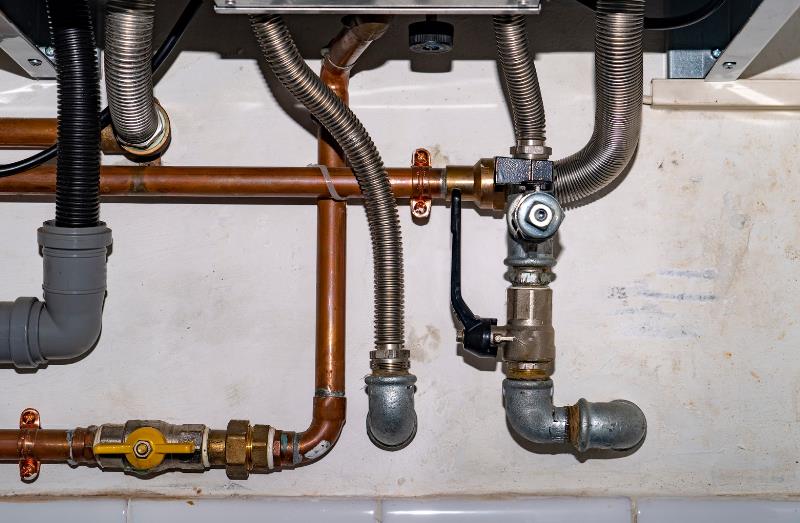When the power goes out, it disrupts many household functions, but one question often comes to the forefront: Can you flush the toilet when the power is out? Understanding how your home’s plumbing works can reassure you during a power outage.
Can I flush my toilet if the power goes out?
Yes, in most cases, you can flush your toilet during a power outage if it uses a gravity-flush system or a pressure-assisted system that does not depend on electricity.
Can Power Outages Affect Toilet Functionality?
However, some modern homes may contain machines such as sewage pumps or other components that require electricity to function. In these situations, these systems won’t work if the electricity is turned off, which could have an indirect effect on how well your toilet flushes if the wastewater can’t be successfully removed from your house. In homes with more complicated plumbing systems, such as electronic water valves or digitally controlled water tanks, these components may also be vulnerable during an outage. Particularly vulnerable are homes that use electric pumps to pump well water since the pump’s incapacity to run on electricity might stop water flow, which keeps toilets from full up.
Why Do Toilets Fail to Flush During Power Outages?

Several situations might lead to toilets not flushing during power outages, especially in houses with complex or advanced plumbing systems. For example, certain toilets include electric flush mechanisms that need to be powered. In the absence of electricity, these toilets fail to work. Moreover, because these pumps depend on electricity to run, houses that use electric pumps to transport wastewater from the toilet to the septic system or sewer will also experience non-functional toilets during a power outage.
Sewage ejector systems are frequently used in homes with bathrooms below the main sewer line level, such as basements. These systems also require energy and will stop functioning if the power is turned off, preventing the toilet from flushing. Moreover, similar challenges arise for homes using electric pumps and well water. These pumps stop functioning in the case of a power outage, which leaves the water pressure low—a vital part for the toilet’s flushing system.
Electronic water valves are another contemporary technology that may make toilets less functional after a power loss. These valves regulate the water flow into the tank or bowl, and they are unable to operate in the absence of electricity. This stops the flush function altogether, illustrating how dependent some contemporary toilet systems are on a constant supply of electricity.
Types of Flush Mechanisms That Work Without Power

Gravity-flush toilets are among the most common types of toilets used in households since they are incredibly simple and reliable. The simplicity of this system’s design, which eliminates complicated systems that can malfunction during a power outage and guarantees that it will continue to function well even in the absence of electricity, accounts for its effectiveness. Gravity-flush toilets are also less complicated to maintain than other types of toilets, which makes them increasingly popular with homeowners looking for low-tech, dependable alternatives.
However, the pressure-assisted toilet presents a strong substitute for the conventional gravity-flush mechanism. These toilets use the water supply pressure to compress air within a sealed tank, resulting in a more powerful flush that effectively clears the bowl with less water. Pressure-assisted toilets are popular in environments that require strong flushing capabilities, such as commercial buildings or bigger families, due to their efficiency. They are more complex than gravity toilets, but because of their electrically independent design, they can still operate in the event of a power loss as long as water pressure is maintained. The pressure-assist mechanism further improves the system’s overall dependability and efficiency by assisting in lowering the possibility of jams.
Types of Flush Mechanisms That Do Not Work Without Power
Although they are less prevalent, electric flush systems do exist, especially in upscale or high-tech installations. Electric electricity is needed to start the flushing mechanism on these toilets. Consequently, these toilets won’t flush in the event of a power outage until the power is restored.
Upflush toilets are another type to take into account; they are typically located in basements or beneath the levels of the main sewage line. To transfer waste to the septic or sewage system, these frequently require electric pumps. The flush function could be hampered in the absence of electricity.
Conclusion
Yes, in most cases, you can flush the toilet when the power is out, as long as the toilet does not depend on electric power to function. For households with electrically dependent systems, considering backup solutions is essential. Being prepared with alternative flushing methods or a backup power supply can help maintain your home’s sanitation and comfort, even during extended power outages.
FAQs
Why might some toilets not flush when there’s no power?
Toilets that rely on electric flush mechanisms, electric pumps for wastewater, or sewage ejector systems require power to operate. If these systems are not functioning due to a power outage, the toilet will not flush.
What should I do if my toilet won’t flush during a power outage?
If your toilet relies on an electrical system, consider using manual methods such as pouring a bucket of water into the bowl to flush it. Alternatively, installing a backup power source like a generator can help maintain functionality during outages.
Are there specific types of toilets that are more likely to be affected by a power outage?
Electric flush systems often found in basements or homes with specific plumbing setups, are most likely to be affected during a power outage due to their reliance on electric pumps.

